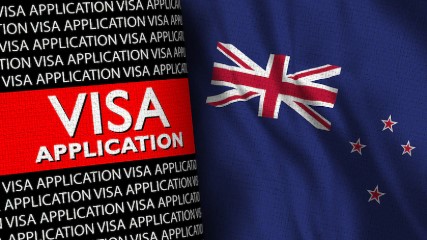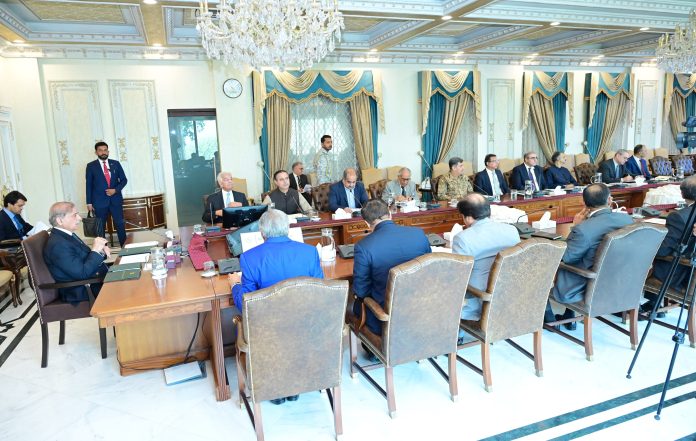
New Zealand Eases Visitor Visa Rules
- Diplomatic NewsTravel
- January 27, 2025
- No Comment
New Zealand Eases Visitor Visa Rules to Attract Digital Nomads
New Zealand has officially opened its doors to digital nomads by relaxing visitor visa rules, allowing foreign professionals to work remotely while staying in the country.
Economic Growth Minister Nicola Willis announced the changes, emphasizing that visitors working for overseas companies—such as IT specialists and influencers—can now legally operate from New Zealand as long as they do not receive income from local sources.
New Visa Flexibility for Remote Workers
The policy applies to all visitor visas, including those for tourists and family visitors. Travelers can extend their stay for up to nine months, but those working remotely for over 90 days may need to declare themselves as New Zealand tax residents.
“We want to attract high-value visitors, especially from the US and Asia, who bring global expertise while spending in our economy,” Willis said.
She assured that digital nomads would not compete with local job seekers, as they remain employed by offshore companies.
A Tourism and Economic Growth Strategy
The initiative builds on the National Party’s 2023 campaign promise to introduce a 12-month digital nomad visa, with potential pathways to work or residence visas.
Immigration Minister Erica Stanford highlighted that the change modernizes outdated policies, allowing professionals to check emails or conduct business while visiting family.
Tourism Minister Louise Upston added that remote workers typically stay longer and spend more, boosting the local economy. “We welcome visitors of all kinds, especially those who contribute positively while experiencing our country,” she said.
Concerns Over Infrastructure and Growth
While the move is expected to attract more high-spending visitors, Queenstown Lakes Mayor Glyn Lewers cautioned that increased tourism could strain infrastructure. He urged the government to invest in local services to avoid burdening ratepayers.
Prime Minister Christopher Luxon has also outlined long-term economic strategies, including changes to international education policies and encouraging foreign investment.
The visa reforms come at a crucial time, following reports that New Zealand’s economy recently underperformed compared to other developed nations. Officials hope this initiative will revitalize tourism and economic productivity in the coming years.







